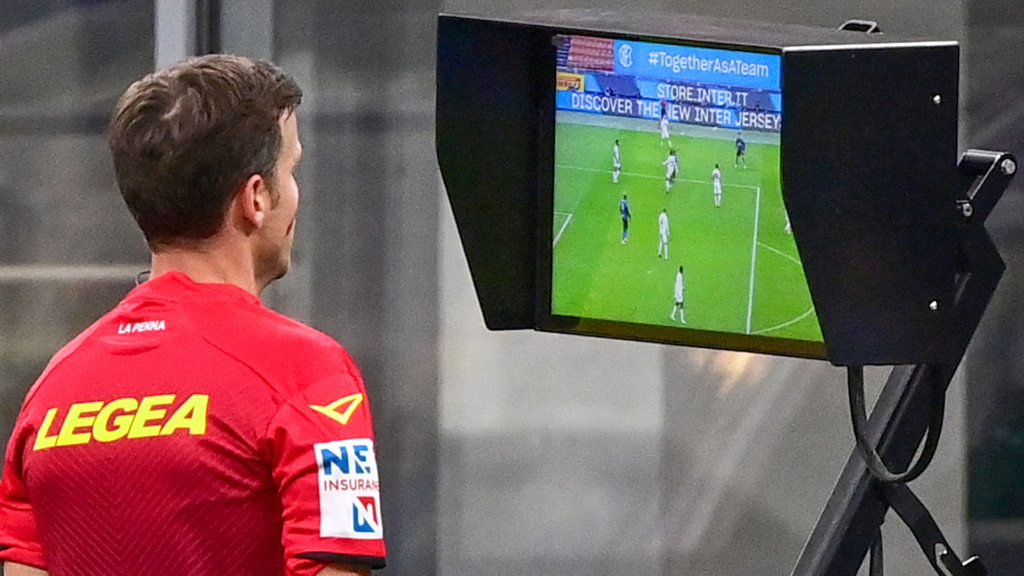Technology has become a crucial component of contemporary sports in recent years, with advancements like video assistant refereeing (VAR) changing how games are officiated. Although VAR’s implementation has generated both praise and criticism, its contribution to improving accuracy and fairness cannot be emphasized. The UEFA Champions League, the highest level of European club football, is one of the most well-known venues where VAR has had a major influence. Since it was introduced into the competition in 2018, VAR has been instrumental in improving the accuracy of important decisions and changing the league’s structure.
With its high stakes and worldwide viewership, the UEFA Champions League has always served as a venue for some of the most dramatic and demanding football events. The goal of VAR’s debut was to address crucial judgments that could change a game, especially those involving goals, penalties, direct red cards, and situations of mistaken identity. VAR is used in this situation to review controversial calls made by the on-field referees. In order to provide more accurate assessments of situations that might have been overlooked or misunderstood during live play, a crew of video assistants is involved in this review process. These assistants have access to several camera angles and replays.

Penalty decisions are one of the most important functions of VAR in the Champions League. A penalty call has the power to drastically change a game’s outcome in a competition where matches are decided by the smallest margins. By allowing referees to assess occurrences such as handballs or fouls in the box, VAR has contributed to a decrease in the amount of inaccurate penalty calls. In contrast to the referee’s initial on-field assessment, VAR might swiftly evaluate a contentious defender’s handball to ensure the correct call is made. This reduces the possibility of bias or match-fixing affecting the outcome and produces more equitable results and consistent officiating.
Making offside calls is another area in which VAR has been quite helpful in the Champions League. A marginal offside call used to be missed or impossible for the linesman to make with conviction, which might have caused injustice and frustration. On the other hand, VAR gives a precise measurement of offside positions by employing technology like the semi-automated offside system to precisely decide whether a player is onside or offside. As a result, there are now far fewer offside calls, guaranteeing that players are neither unjustly fined nor permitted to score when they are offside. In a well-known Champions League knockout match, VAR was utilized to decide whether a goal was legitimate, guaranteeing that the right judgment was made even in the most controversial circumstances.

VAR has been criticized despite its advantages. Long pauses for reviews, according to some, cause more stoppages and occasionally lessen the thrill of live play, disrupting the game’s flow. Others draw attention to its uneven implementation, pointing out that different games or leagues may have different standards for the same kind of occurrence. For example, subjective rulings like whether a foul warrants a red card or whether a handball was intentional have occasionally caused confusion and discussion as a result of VAR reviews. Football authorities continue to struggle with the requirement for precise and uniform rules for VAR reviews.
VAR has, however, unquestionably increased the precision of UEFA Champions League refereeing calls. It has given the sport an additional degree of openness and made sure that referees have all the resources they need to make informed decisions, especially at crucial times. VAR will probably play a bigger part as technology develops further, providing even more advanced means of boosting the game’s integrity and fairness. The top teams in Europe compete for glory in the Champions League, and VAR is helping to make sure that judgments made on the field are as close to ideal as possible so that the results of games represent the actual skill and effort of the players.

